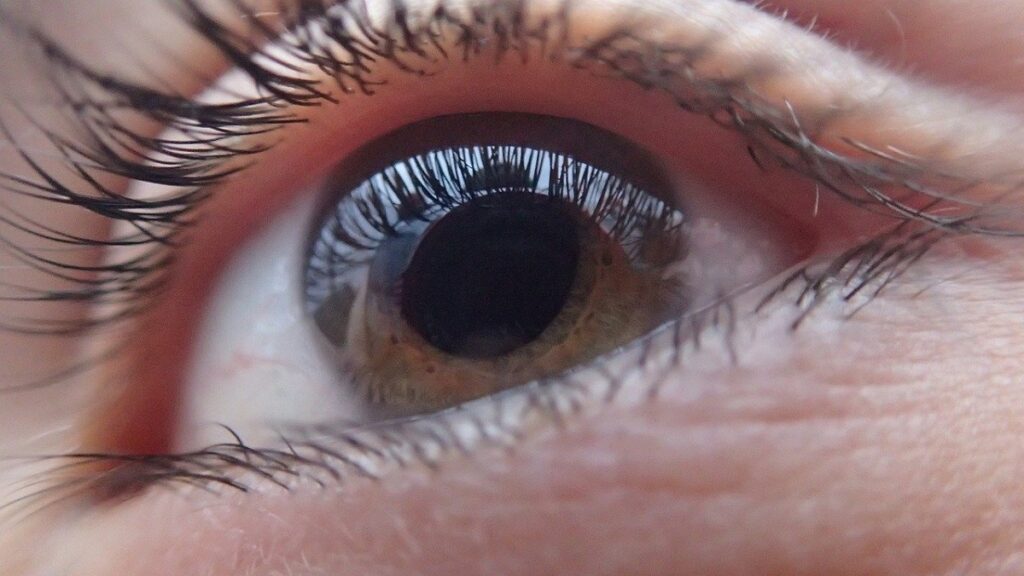Millions of people throughout the world are suffering from corneal stromal disease, which is the main cause of vision loss.
However, biotech is here to help.
A new study published in Nature offers a promise in treating corneal blindness with the use of bioengineered implants.
Globally, at least 2.2 billion people have a near or distance vision impairment. In at least 1 billion – or almost half – of these cases, vision impairment could have been prevented or has yet to be addressed, according to the World Health Organization (WHO).
WHO also states that blindness due to problems with the cornea is the fourth most common cause of blindness in the world. Around 12.7 million people are suffering from this disease.
“Corneal transplants, also known as keratoplasty, taken from human donors remain the best option for the complete curative treatment of corneal blindness. Keratoconus – a disease where the cornea thins and bulges outwards – is the leading indication for corneal transplants,” Technology Networks Biopharma reports.
However, due to the scarcity of human donors, only 1 in 70 people that suffer from corneal diseases will, in fact, get one, a JAMA Network survey finds.
Biotech focuses on extracting collagen from pig skin
Research in this area has focused on bioengineering tissue appropriate for corneal transplantation to solve the issue of the scarcity of transplantable corneas.
The researchers in this study used pig skin to extract collagen from food by-products, so they can later use bioengineering and make cell-free corneal tissue and turn it into a suitable implant.
“Porcine dermal collagen was chemically and photochemically bioengineered into an implantable tissue mimicking the human corneal extracellular matrix. The implant presents a simpler and safer method than donor cornea transplantation while delivering equivalent outcomes, and has restored vision to people with advanced keratoconus in resource-limited regions, where the burden of blindness is highest,” the Nature Journal study reported.
Biotech corneal blindness trial results are promising
The bioengineered implant resulted in restoring vision in a human trial in patients with keratoconus, which solves one of the greatest issues with the lack of transplantable human corneas.
“Fourteen of 14 initially blind subjects had a final mean best-corrected vision (spectacle or contact lens) of 20/36 and restored tolerance to contact lens wear. This work demonstrates restoration of vision using an approach that is potentially equally effective, safer, simpler and more broadly available than donor cornea transplantation,” the study concludes.




